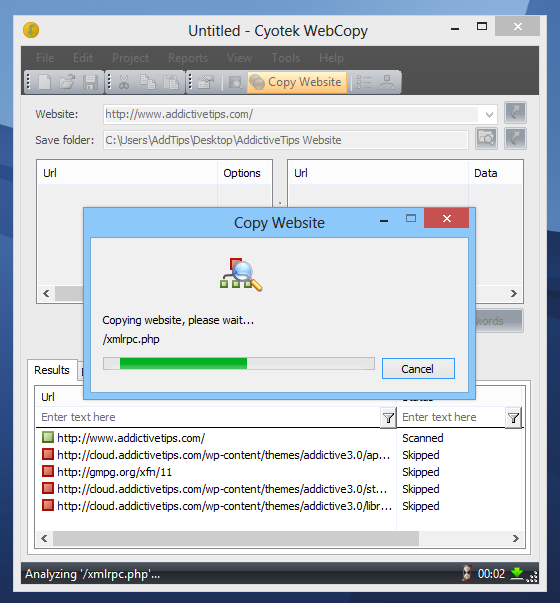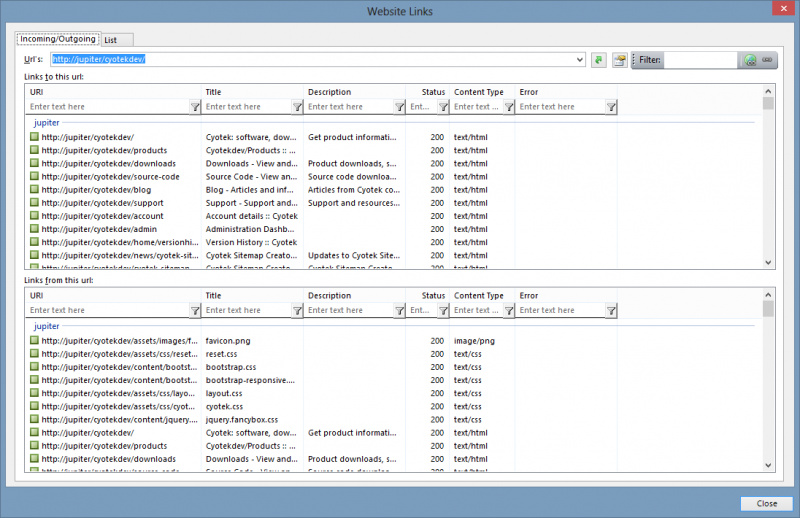
Your version may be different, now you can continue the tutorial. You should always check if the latest pywebcopy is installed successfully.
Webcopy download install#
Pywebcopy is available on PyPi and is easily installable using pip $ pip install pywebcopy While it will do its best to create an offline copy of a website,Īdvanced data driven websites may not work as expected once they have been copied. It can only download what the HTTP server returns. PyWebCopy does not download the raw source code of a web site, JavaScript being used to dynamically generate links. To make a true copy if it is unable to discover all of the website due to If a website makes heavy use of JavaScript to operate, it is unlikely PyWebCopy will be able PyWebCopy does not include a virtual DOM or any form of JavaScript parsing. In an effort to create a reasonable facsimile of the source website. In this manner, WebCopy can "crawl" an entire website and download everything it sees It will download all of theses resources, and continue to search for more.

Such as other pages, images, videos, file downloads - anything and everything.

PyWebCopy will examine the HTML mark-up of a website and attempt to discover all linked resources Using its extensive configuration you can define which parts of a website will be copied and how. Will automatically be remapped to match the local path. Links to resources such as style-sheets, images, and other pages in the website PyWebCopy will scan the specified website and download its content onto your hard-disk. _/\_, / /_/Ĭreated By : Raja Tomar License : Apache License 2.0 Email: is a free tool for copying full or partial websites locally


 0 kommentar(er)
0 kommentar(er)
